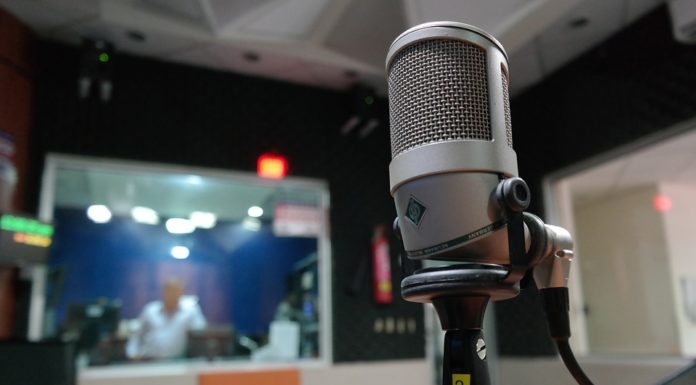A home studio, as you may already know, is a professional studio that you can operate within the comfort of your home.
This is a music recording studio and it can be made to match professional standards. Just because the studio is in your home, it does not mean that it is makeshift or any less professional that a studio anywhere else.
You can carry out all the work here that a professional studio boasts of, including soundproofing and creating the space to house expensive studio equipment.
Several great musicians and composers have set up studios in their home. Especially for musicians who are yet to be attached to a label or studio, a home studio is a great way to get started and striking out on your own.
But to build a home studio or not is a broad question that can be answered only after carefully weighing the pros and cons of a home studio.
The following sections will attempt to do exactly that.
Pros of a Home Studio
A home studio has several great advantages to offer. The following are some of the pros of building a home studio.
Taking Matters into Your Own Hands
First things first, your home studio will allow you to take matters into your own hands. You do not need to rely on somebody else to mix your tracks.
Whatever you need to create good music is available in the comfort of your home. This is especially crucial for aspiring musicians who are looking for their big break. If they manage to build their home studio, the degree of autonomy and freedom it can offer you is unparalleled.
As a musician, taking matters into your own hands is extremely important. If you are not attached to a label, it is important that you move things around to make things happen for you, provided you have the resources, of course.
Great Way to Make More Money
Apart from mixing your own music and working on your own pieces, you will also be able to provide a very important service to others like you. The USP (Unique Selling Proposition) of your home studio can become the fact that you provide aspiring musicians with alternatives to expensive professional studios.
This will not only allow you to build a clientele (there is no paucity of musicians looking for a break and some technical guidance) but will also allow you to mobilize new talent. Even if you are not concerned with putting in the work for the larger musical cause, at best you will be able to:
- Earn a few extra bucks by lending your home studio services to other musicians.
- Create a name for yourself not only as a musician but also as a studio owner.
Saves a Lot of Time and Money in the Long Run
If you want to carry out only small changes to a track or if you want to fine-tune something, you do not need to go all the way to a studio and pay an external sound engineer to do it. You can simply do the work at home and save a trip to an expensive studio. This not only saves you a lot of time but in the long run, it will save you a lot of money as well. Naturally, you will not be overcharging yourself so you can rest assured that your work will be done at the best price.
Cons of a Home Studio
The following are some of the cons of building a home studio.
Initial Investment
The advantages of saving money and time, in the long run, are secondary concerns. To begin with, you need to have an initial capital to invest. Building the studio can turn out to be quite expensive in the initial stages. So if you do not have the capital to spend initially, there is no point in thinking about how much time and money you can save in the long run. The initial investment can be quite steep but if all goes well, you will be able to earn it back within a few years.
Taking Care of Equipment
Say, if you went to another studio to rent their services. In case the equipment is faulty or becomes damaged due to whatever reason, the responsibility to get it fixed is not yours. You are just there to get your work done. However, in your home studio, you cannot pass on this responsibility to anyone else. The responsibility of taking care of expensive equipment will fall entirely on you.
Steep Learning Curve
Running your own studio is going to be a complicated affair, no doubt:
- You cannot rely on anyone else to fix your errors.
- If you are stuck while using a certain program, you do not have a technician to help you out — you are the technician.
- The learning curve of running your home studio can be steep and the lessons may often be learned the hard way (not a bad thing!).
Final Thoughts
What has been laid out above are some of the most apparent pros and cons of a home studio. Home studios can make your life much simpler. They make you independent, they force you to learn new techniques and stay abreast of new technology and most importantly, they bring you closer to your music.
The autonomy that a home studio can offer is certainly a feeling few musicians will not appreciate.
However, along with all these advantages, there are also several drawbacks and considerations.
For starters, not everybody can afford to build their home studio. This is certainly a venture for somebody who either comes from money or has been able to save enough to make the initial investment.
So the main concern about building a home studio is about the money that will be spent and whether you will be able to sustain the studio enough to earn the money back. If you feel confident about doing that, a home studio is a great idea for any musician.











![5 Best 61-Key MIDI Controllers [Reviews & Buyer’s Guide] Native Instruments Komplete Kontrol S61 MK2](https://homestudiohub.com/wp-content/uploads/2020/03/null-32-80x60.jpeg)

